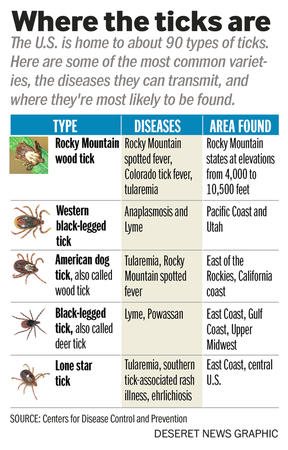Bear Information
We have several sightings of bears every year – they love humming bird feeders, lilacs and leftovers. Here are a few tips to possibly avoid a bear confrontation
 Minimize odors and the availability of food rewards throughout your lot.
Minimize odors and the availability of food rewards throughout your lot.- Report all sightings to a board member so they can inform your neighbors of the situation.
- Remove any dense brush that could provide cover for a bear or cougar and make a surprise encounter likely. Also remove brush piles that snakes may hide in.
- If a bear or other wild animals repeatedly enter your lot, look for what attractants are drawing them there and remove it.
- There are no garbage bins in Aspen Hills so make sure to pack out all garbage when you leave. To store garbage while you are on the premises make sure that all garbage is in a sturdy building, trunk of a car or place in an approved bear-resistant trash receptacle away from your tent or trailer
- Do not leave pet food out
- Hang bird feeders out of a bears reach and take down during periods of high bear activity.
- Keep bar-b-ques clean and grease free
- Don’t leave food in pans or dutch ovens unattended or overnight
- Never feed wildlife. Feeding marmots and deer can attract cougars. Feeding chipmunks and ground squirrels can increase the possibility of hantavirus and rabies
- All wildlife can be dangerous. Do not attempt to chase or harass an animal out of your yard, especially if it is a bear.
- Be sure to seal holes and spaces around your cabin to prevent insects, snakes and rodents from entry.
Bear activity may intensify in the spring when bears are hungry and emerging from their dens, in the fall when bears are bulking up for hibernation, and during drought periods. This is due to natural foods often being scarce.
If you see a bear the recommended steps are not easy to follow, but they offer the best chance for survival. Here’s what the experts say:
- If you encounter a bear, do not run.
- Avoid direct eye contact.
- Walk away slowly, if the bear is not approaching.
- If the bear charges, stand your ground (you cannot outrun it).
- Don’t scream or yell. Speak in a soft monotone voice and wave your arms to let the animal know you are human. If you have pepper spray, prepare to use it.
- If the animal makes contact, curl up into a ball on your side, or lie flat on your stomach.
- Try not to panic; remain as quiet as possible until the attack ends.
- While in bear country, be aware that you may encounter a bear at any time.
- Be sure the bear has left the area before getting up to seek help.
Cougar Information
 Mountain lions, or cougars, are on the mountain and have been caught by game catcher cameras. Your odds of actually seeing a cougar are very low. The likelihood of encountering an aggressive lion is very remote. People are more likely to be struck by lightning than attacked by a mountain lion.
Mountain lions, or cougars, are on the mountain and have been caught by game catcher cameras. Your odds of actually seeing a cougar are very low. The likelihood of encountering an aggressive lion is very remote. People are more likely to be struck by lightning than attacked by a mountain lion.
Nevertheless, it is wise to be prepared. Avoid hiking alone. Watch children closely. Do not let children run ahead of you on the trail. Hikers in particular are encouraged to read these tips carefully.
- Don’t run. Mountain lions are likely to chase things that run, since they associate running with prey.
- Do not bend over or crouch down; try to appear as large as possible. Attempts to hide are likely to be unsuccessful; mountain lions see most people long before people spot them.
- Hold your ground or move away slowly while facing the lion.
- If you have little children with you, pick them up without bending over.
- If the lion behaves aggressively, wave your hands, shout, and throw sticks or stones at it.
- If attacked, face the cat and fight back.
Ticks Information
 In addition to using repellents, check for ticks and shower after being outdoors to reduce your chance of getting a tickborne disease. Get medical attention if you have a tick bite followed by a fever or rash. Here is a good pdf about tic’s.
In addition to using repellents, check for ticks and shower after being outdoors to reduce your chance of getting a tickborne disease. Get medical attention if you have a tick bite followed by a fever or rash. Here is a good pdf about tic’s.
Tick Management Handbook A integrated guide for homeowners, pest control operators, and public health officials for the prevention of tick-associated disease
What to Do if You Find an Attached Tick
Remove the attached tick as soon as you notice it. Grasp the tick with tweezers, as close to the skin as possible, and pull it straight out. For more information about removing ticks, see the tick removal page.
Watch for signs of sickness such as rash or fever in the days and weeks following the bite. Your risk of getting a tickborne disease depends on many factors, including where you live, the type of tick that bit you, and how long the tick was attached. Be sure to see a health care provider if you become sick after a tick bite, have a rash or a fever.
Comments concerns please Contact Us.